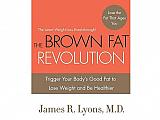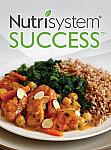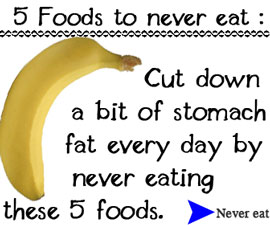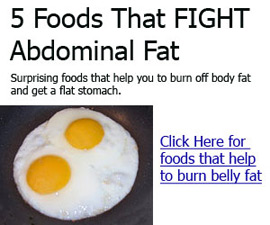Theory
Eat more food while losing weight at the same time? Well that is the premise behind Dr. Dean Ornish’s diet titled Eat More, Weigh Less. Dr. Ornish writes about the benefits of eating his low-fat, vegetarian diet that was the first diet to be scientifically proven to reverse heart disease. He states that research has shown that lifestyle and dietary changes can lead to a reversal of coronary heart disease while also reducing your risk for cancer and diabetes, and aid in weight loss.
Plant-based foods have no cholesterol, low in saturated fat, and are high in antioxidants and fiber, according to Ornish. Ornish recommends that less than 10% of your total calories should come from fat. Foods are categorized in one of five groups from the healthiest foods (group one) to the unhealthiest (group five). For example, a soy hot dog would be in group one whereas a beef hot dog would be in group 5. Obviously Ornish wants you to pick more foods from group one than group five.
The diet program also involves lifestyle changes, stress reduction, peer support, smoking cessation (if needed), and nutritional supplementation. Ornish does not make promises on how much weight you will lose, but wants you to make healthier choices to help you reach a healthy body weight.
How Do I Follow It?
Buy the book and read up on Dr. Ornish’s diet program. You will need to switch over to a vegetarian diet and clean out your cupboards and fridge of meat, seafood, and poultry, along with any plant foods that are high in fat such as vegetable oils, nuts, seeds and avocados.
You also need to eliminate anything sugary including honey, molasses and corn syrup. Hold on to egg whites, non-fat milk and non-fat yogurt which are allowed on the diet. Stock up on fruits, vegetables, whole grains, legumes and soy products which you can eat unlimited quantities of. Two appendixes are listed in his book to help you learn how to read food labels and give you the nutritional content of common foods.
Dr. Ornish does provide plenty of recipes in his book. Some examples are:
- Anasazi Bean Soup with Corn & Chili
- Blueberry Pancakes
- Bruschetta with Sun Dried Tomatoes & Capers
- Quinoa Tabouli
- Tofu with Black Bean Sauce
- Roasted Japanese Eggplant with Green Herb Sauce
- Marinated Butternut Squash
Caffeinated drinks are not allowed on the diet and alcohol is strongly discouraged. Dr. Ornish recommends adding daily supplements especially essential fatty acids, iron, calcium and vitamin B12 to your meal plan.
Dr. Ornish recommends regular daily exercise and is a big fan of walking. He suggests you walk five to six times per week to boost your metabolism. Resistance training, flexibility and yoga are also strongly encouraged.
Benefits
Ornish’s diet plan will help lower your bad cholesterol levels or LDL. Following the plan will decrease your risk for diabetes, heart disease and stroke by promoting increased consumption of whole grains, fruits and vegetables. There are plenty of recipes along with low-fat cooking methods and techniques, and sample weekly menus. The author also provides two appendixes on how to read food labels and nutrient analysis of common foods.
Criticism
Sticking to a vegetarian diet may be tough for many dieters. According to Joan Salge Blake MS, RD, a clinical associate professor at Boston University, “People have a difficult time being extreme” by restricting meats and seafood and emphasizing beans, whole grains, fruits and vegetables. “When you go out with friends and family to restaurants, it can be tough to stick to a vegetarian diet,” Says Salge Blake.
Depending on age, gender and activity level, some dieters may not be getting all their dietary needs. “If you’re someone who’s young and very active, you may get filled up before your nutritional needs are met,” states Salge Blake.
Some critics warn that low-fat, high-carbohydrate diets have a propensity to lower good cholesterol (HDL), and increase triglycerides. It is believed that low HDL cholesterol and high triglycerides increase your risk of heart disease.
Lastly, if you up your fiber too quickly, it may lead to gastrointestinal distress. Fiber needs to be increased slowly to prevent this from happening.
Does "The Eat More Weigh Less Diet" Work?
In the short term, this diet can help with losing weight by filling up on lower calorie fruits, veggies, and legumes. Long term this diet may help reverse any damage done by cardiovascular disease and is recommended by dieticians if you can stick with the low-fat, vegetarian diet. Supplementation of essential fatty acids, calcium, iron, and vitamin B12 are recommended to meet your dietary needs.
Where To Buy "The Eat More Weigh Less Diet"?
The book retails for $15.99.








